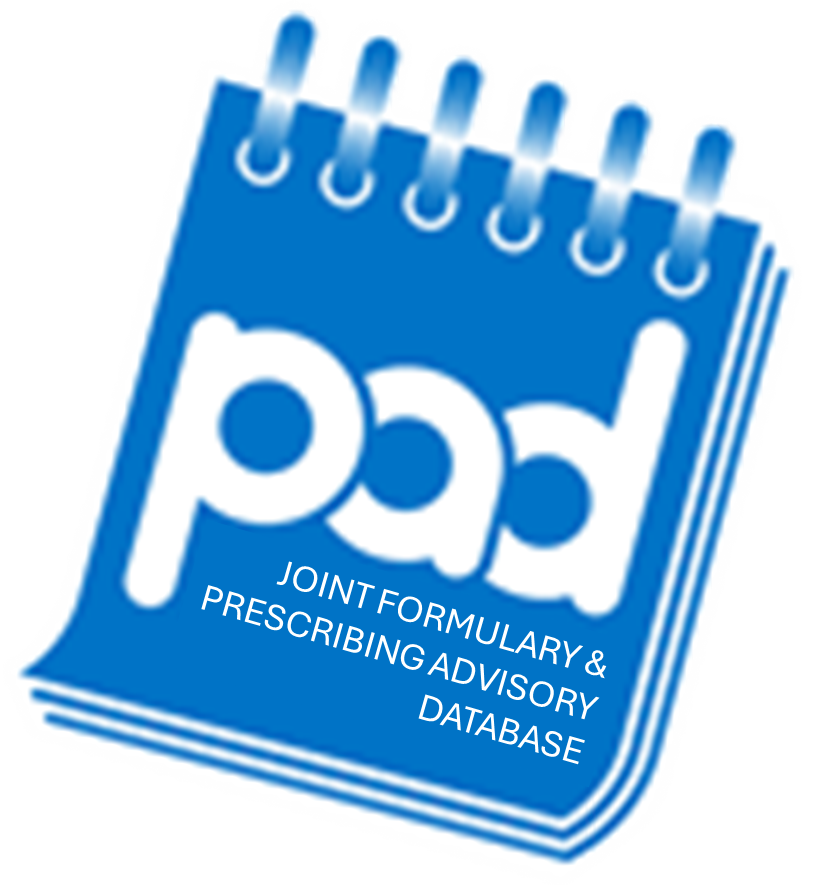
Brivaracetam - Epilepsy
You are here : Home > Formulary Search > Brivaracetam - Epilepsy
I agree that in using this database I understand that this platform only provides guidance on local prescribing policy and that all prescribing decisions are ultimately the responsibility of the clinician.
Status 1
Blue
Formulations :
- Oral solution
- Tablets
Formulary Status :
Associated Icons :
R
SPC
Restrictions / Comments :
Important
To be initiated by a specialist.
Documentation
PAD Profile
ChemicalSubstance :
Brivaracetam
Indication :
Epilepsy
Group Name :
Keywords :
Brand Names Include :
Briviact
Important Information :
Reserved for patients who remain uncontrolled or intolerant to all other adjuntive anti-epileptics.
Only for use when levetiracetam has not been effective or tolerated.
Latest Additions Date From :
Latest Additions Date To :
Guidelines :
Supporting Documents :
4
Traffic Light Entries :
2
Committee Recommendations (1)
The PCN recommends Brivaracetam (Briviact®) as an adjunctive therapy in the treatment of partial-onset seizures in epileptic patients from 16 years of age.
Brivaracetam should be reserved for patients with refractory/intractable epilepsy, who remain uncontrolled with, or are intolerant to, all other adjunctive anti-epileptic medicines, carbamazepine, lamotrigine, clobazam, gabapentin, levetiracetam, oxcarbazepine, sodium valproate and topiramate, unless contra-indicated.
Patients should not be initiated on brivaracetam unless levetiracetam has already been shown not to be effective or tolerated.
Brivaracetam will be considered BLUE (with an information sheet) on the traffic light system and a specialist should continue to prescribe for at least 3 months before requesting that a primary care prescriber accepts prescribing responsibility.
Brivaracetam should be reserved for patients with refractory/intractable epilepsy, who remain uncontrolled with, or are intolerant to, all other adjunctive anti-epileptic medicines, carbamazepine, lamotrigine, clobazam, gabapentin, levetiracetam, oxcarbazepine, sodium valproate and topiramate, unless contra-indicated.
Patients should not be initiated on brivaracetam unless levetiracetam has already been shown not to be effective or tolerated.
Brivaracetam will be considered BLUE (with an information sheet) on the traffic light system and a specialist should continue to prescribe for at least 3 months before requesting that a primary care prescriber accepts prescribing responsibility.
Other Indications
Below are listed other indications that Brivaracetam is used to treat.
- No records returned.
Other Drugs
Below are listed other drugs that are used to treat Epilepsy.
- Cannabis (medicinal)
- Carbamazepine
- Cenobamate
- Clobazam
- Clonazepam
- Eslicarbazepine acetate
- Ethosuximide
- Gabapentin
- Lacosamide
- Lamotrigine
- Levetiracetam
- Oxcarbazepine
- Perampanel
- Phenobarbital
- Phenytoin
- Pregabalin
- Primidone
- Rufinamide
- Sodium valproate (NON childbearing potential)
- Sodium valproate (with childbearing potential)
- Stiripentol
- Sulthiame
- Tiagabine
- Topiramate
- Vigabatrin
- Zonisamide
